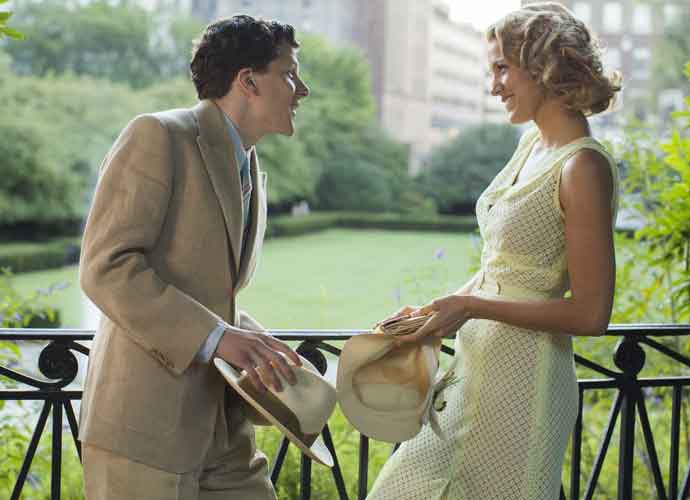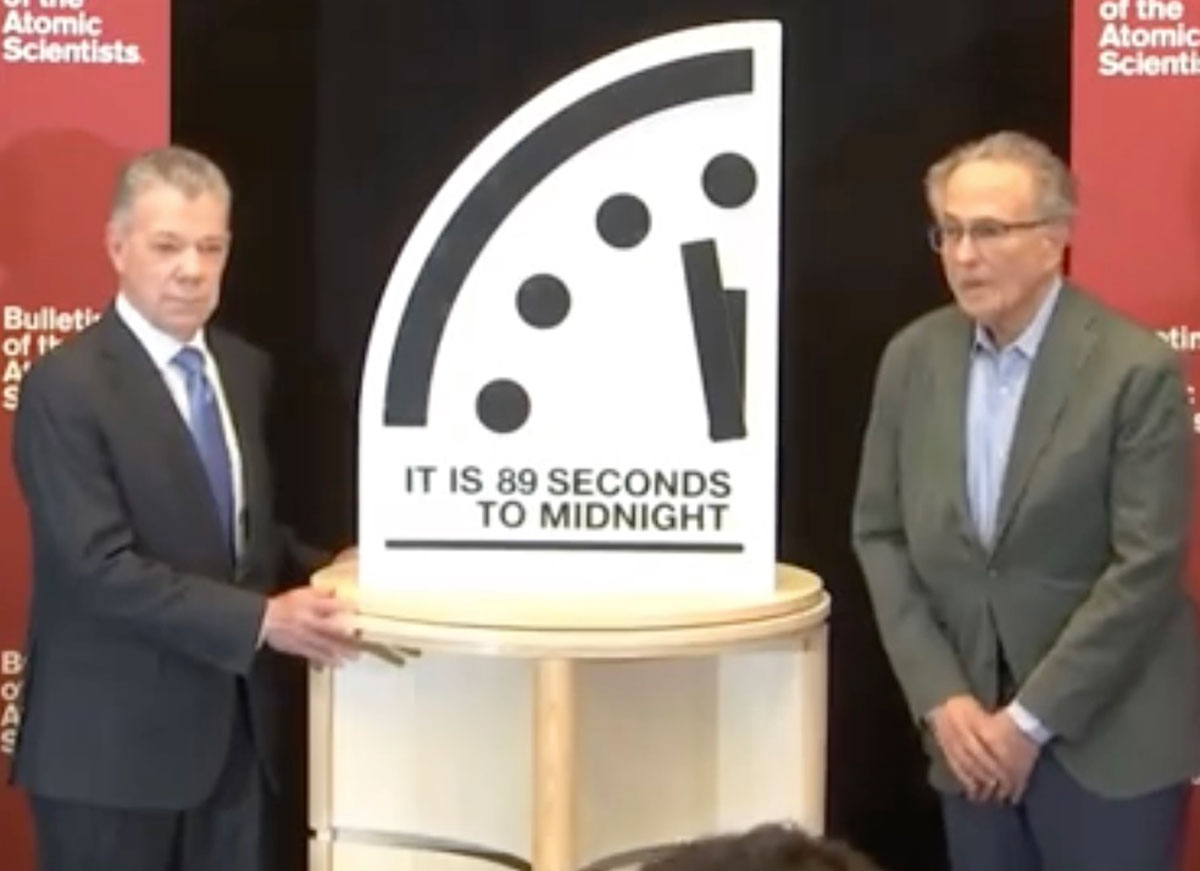‘Cafe Society’ BluRay Review: Woody Allen Takes On Hollywood’s Golden Age
Woody Allen’s most recent creation, Cafe Society, is a visually-stunning film set in 1930’s Hollywood. Bobby Dorfman (Jesse Eisenberg) is the son of a Jewish family in 1930’s New York, and working for his jeweler father. Aspiring for greater things, Bobby ventures to Hollywood, where he lands a job working for his uncle Phil Stern (Steve Carell), a renowned talent agent.
There, he falls deeply in love with his uncle’s secretary, Veronica (Kristen Stewart), who goes by Vonnie. Bobby learns to his dismay that Vonnie already has a boyfriend, whom she claims is a journalist named Doug. In reality, Doug is actually Phil; Phil and Vonnie have been carrying out an illicit affair, unbeknownst to Phil’s wife and the rest of the company. What follows is a bittersweet love-triangle set against the backdrop of the glittering high society lifestyle that was 1930’s Hollywood.
> BUY NOW: ‘CAFE SOCIETY’ BLURAY
Vonnie takes Bobby on an impromptu tour of Beverly Hills, introducing him to the sprawl of lavish mansions and its prestigious inhabitants. Bobby remarks, “I can’t imagine what it’d be like being larger than life,” to which Vonnie replies: “I think I’d be happier being life sized.” Bobby becomes drawn to Vonnie’s unpretentiousness, despite being surrounded by a world of superficial glamour.
At a bar, when Bobby tries to make his move on Vonnie, telling her: “you’re very beautiful,” she rebuffs him, telling him that she’s seeing someone. She describes this “someone,” saying he’s a journalist named Doug who travels often. She then attempts to nurse Bobby’s fractured heart by saying, “You’re very sweet. You have this deer in headlights quality.”
If Bobby didn’t have the deer-in-headlights look before, he’s about to have it soon. Turns out, Doug is actually Bobby’s forty-year-old uncle, Phil Stern. Phil, a married man with children, has been carrying out an illicit affair with Vonnie, promising to divorce his wife for her. In the meantime, Vonnie and Bobby continue to spend time together, with Bobby becoming more and more smitten with her. One night at a bar, during another of Phil and Vonnie’s secretive meetings, Phil tells Vonnie: “I can’t do it, Vonnie. I can’t leave Karen.” Heartbroken and devastated, Vonnie turns to Bobby for consolation.
Bobby gladly takes it upon himself to help Vonnie get over the loss of the affair, still oblivious that his uncle is the other part of the equation. As they spend more time together, Vonnie begins to fall for Bobby, their friendship blossoming into romance. Bobby eventually asks Vonnie to marry him and move to New York together. As luck would have it, Phil decides that he’s still very much in love with Vonnie, and decides once again to leave his wife for her. Confronted with the proposals of two men who want to be with her, Vonnie must decide which man’s adoration to succumb to.
The film is elegantly shot, delightfully depicting the Golden Era. Indeed, the theme of the Golden Era subtly shines through much of the movie — characters are often draped by the warm glow of an imaginary sunset. This swanky backdrop, however, is jarringly punctuated by a Bronx-accented voiceover, which rudely rustles audiences out of the dreamy reverie the rest of the movie works so hard to create. The acting, however, is the film’s saving grace. Eisenberg is suitably jittery as he channels the alter ego of Allen’s younger self. Stewart’s effortless, chic charm and unpretentious confidence captivates both the two men and audiences.
While not a masterpiece like some of Allen’s other creations (think Blue Jasmine), Cafe Society also avoids being a disappointing flop (think Hollywood Ending). It lies somewhere in between, its thin plot salvaged by picturesque shots of old-time Hollywood, and enchanting performances from Eisenberg and Stewart.
RELATED ARTICLES
Get the most-revealing celebrity conversations with the uInterview podcast!






Leave a comment